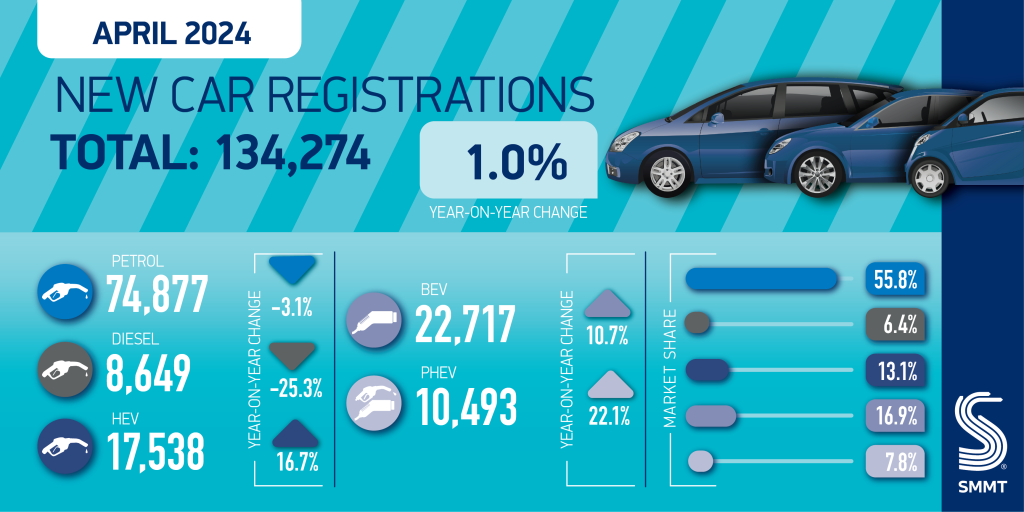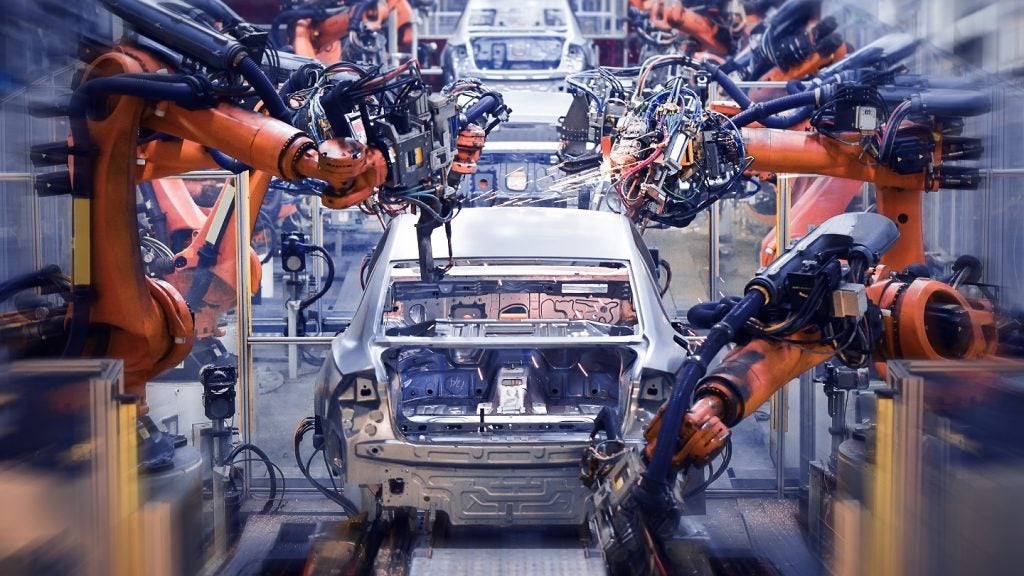
The UK government says it has unveiled the world’s first plan to decarbonise all modes of domestic transport and reach net zero emissions by 2050, but the UK motor industry trade body has warned that an ambitious infrastructure plan will also be needed if Government is to achieve its targets.
The long-awaited ‘greenprint’ plan was released yesterday just months ahead of COP26, a major global climate summit to be held in Glasgow. The plan contains a “world-leading” pledge to end the sale of all new polluting vehicles and move towards net zero domestic aviation emissions by 2040.
Transport Secretary Grant Shapps said: “The Transport decarbonisation plan is just the start – we will need continued efforts and collaboration to deliver its ambitious commitments, which will ultimately create sustainable economic growth through healthier communities as we build back greener.”
Other notable features of the plan include the news that new diesel and petrol lorries will be banned in Britain by 2040 while polluting lorries weighing under 26 tonnes will be phased out by 2035.
The Society of Motor Manufacturers and Traders (SMMT) has called for more government incentives and infrastructure to support this change, particularly across international borders.
Mike Hawes, SMMT chief executive, said: “The industry is developing many types of zero-emission technologies for heavy commercial vehicles, with electric, hydrogen and other alternative fuel options available.
How well do you really know your competitors?
Access the most comprehensive Company Profiles on the market, powered by GlobalData. Save hours of research. Gain competitive edge.

Thank you!
Your download email will arrive shortly
Not ready to buy yet? Download a free sample
We are confident about the unique quality of our Company Profiles. However, we want you to make the most beneficial decision for your business, so we offer a free sample that you can download by submitting the below form
By GlobalData“However, the technologies are still in their infancy – so if the UK wants to be a leader in uptake, Government must provide the right incentives and infrastructure so hauliers don’t defer their decarbonising decision to the last minute. Plus, given these vehicles operate across borders, we need to ensure the solutions work both for the UK and our close international markets.”
Hawes also noted that the government had set ambitious goals around passenger vehicles and vans.
He said: “The electric revolution must be accessible and affordable for all. The right regulatory framework can give drivers the confidence to switch, and manufacturers the clarity they need to invest.
“However, the ambitions are incredibly high and the timeline tight, so any regulation must be backed by a package of measures that accelerate market uptake through consumer incentives, as well as an irreversible commitment to the expansion of charging infrastructure and rapid energy decarbonisation, so we’re not putting brown energy into green cars and vans.”
Hawes also said that although the SMMT “welcomes” the news of the decarbonisation plan, there is still work to be done in other areas, such as infrastructure, if the government is to achieve net-zero emissions by 2050:
“The automotive sector welcomes the publication of the Transport Decarbonisation Plan and associated consultations, which are necessary to create a clear and supportive framework to accelerate the transition to net-zero mobility. The industry is already delivering with an ever-expanding range of electrified vehicles that are being bought in ever greater numbers.
“However, achieving net-zero cannot rely solely on the automotive sector. Massive investment, not least in infrastructure, is necessary and must be delivered at an accelerated pace, for which we still await a plan and equally ambitious targets. Crucially, we must maintain a strong and competitive market that ensures the shift to electrified vehicles is affordable for all.”







